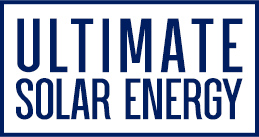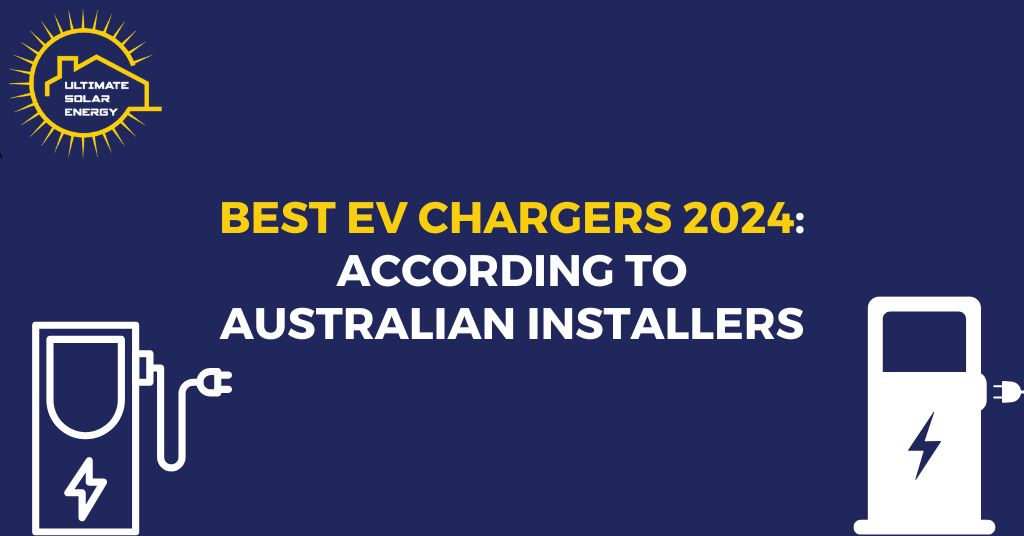Best EV Chargers 2024: According to Australian Installers
[Updated 2024]
As the electric vehicle revolution gains momentum in Australia, selecting an appropriate home EV charging solution has become one of the crucial decisions for EV owners. Since electric vehicles are bussin in town, it is the perfect time to get the best EV chargers Australian installers recommend.
Moving Beyond Basic Charging
Many electric vehicle owners may initially overlook the necessity of a dedicated home charger, relying instead on the standard trickle charger that comes with the vehicle. However, the slow charging rate of these chargers, which can take up to 40 hours for a full charge, can be inoperable for daily use. To enhance the charging experience, investing in a dedicated home charger is significant, especially for owners of long-range EVs or those with home solar power systems, leveraging Australia’s abundant solar energy.
Future-Proofing With OCPP Compatibility
Selecting a charger with Open Charge Point Protocol (OCPP) compatibility provides flexibility for future upgrades and integration with various smart systems. This compatibility ensures that the charger can adapt to evolving technologies and changes in the electricity market, making it a future-proof investment.
Versatility in Brand Selection
It is good to go for third-party chargers instead of one branded by a specific car manufacturer. This approach prevents future complications, especially in households with multiple EV brands. Third-party chargers are generally designed to be compatible with a broad range of EV models, offering versatility and avoiding potential technical conflicts.
Consider Cable Length
An often overlooked aspect of EV charger selection is the cable length. Ensuring that the charger cable is sufficiently long to reach the EV conveniently, regardless of its parking position, is crucial for a hassle-free charging experience.
Anticipate future EV Needs
With the likelihood of multiple EVs in a household increasing, selecting a charger capable of load balancing or planning for additional chargers is prudent. This forethought can lodge future EV charging needs without congestion the electrical systems.
Climate-Adapted Chargers
Considering Australia’s unique climate conditions is vital when choosing an EV charger. Chargers designed for European conditions may not fare well under the Australian sun, leading to issues such as discoloration or technical failures. Researching chargers that have been tested and proven in similar climates can ensure durability and reliability.
Installation & Warranty Simplification
Opting for a charger and its installation from the same provider simplifies warranty claims and ensures a seamless installation process. This unified tactic can save time and possible arguments in case of product faults or warranty issues.
Solar System Sizing
For households with solar systems, ensuring that the system’s capacity matches the energy demands of EV charging is crucial. A small solar system might not deliver adequate energy, leading to supplementary power costs. Evaluating your power needs, including EV charging, allows for a properly sized solar system.
Electricity Tarif Optimization
Enrolling in a ‘time of use’ electricity tariff can significantly reduce charging costs. These tariffs offer lower rates during off-peak hours, making overnight or midday EV charging more economical. Understanding and utilizing these tariffs can lead to considerable savings compared to standard flat rates.
Top 3 EV Charger Brands
In the rapidly evolving market of home EV chargers, certain brands have distinguished themselves in Australia for their performance, reliability, and features. Here are the top-rated EV charger brands according to Australian solar installers.
Absolute Best EV Chargers

Myenergi: Hails from England, Myenergi’s Zappi 2 charger is available in 7kW single-phase and 22kW 3-phase versions, featuring options for tethered or untethered connections. Well-known for its active solar smart charging, the Zappi 2 has become OCPP compatible, improving its aptness for future smart home integrations. Prices range from approximately $1,300 to $1,700; depending on the chosen model.

Tesla: Offers a cost-effective and reliable option, Tesla’s Gen 3 Wall Connector is priced at $800 plus installation. This simple yet efficient charger can charge any EV, not exclusively Tesla. However, it lacks native solar-smart charging and OCPP compatibility, limiting its versatility for integrated smart home systems. Tesla has recently updated its software to allow smart solar charging, but only for Tesla car and Powerwall owners.

Goodwe: They launched the HCA series in 2022, a charger compatible with all EV brands and GoodWe solar and hybrid inverters. It helps homeowners use more solar energy to charge their EVs, cutting energy costs. The charger works with rooftop solar panels or battery storage and comes in single-phase (7 kW) and three-phase (11/22 kW) versions. It’s easy to install indoors or outdoors, as it is built with IP66 dust and water protection.
Best EV Chargers in Terms of Money Value
- Tesla
- MyEnergi
- Goodwe
Best EV Chargers in Terms of Tech Support
- Tesla
- MyEnergi
- Goodwe
- Solar Edge
Wrap Up
Selecting the suitable EV charger involves balancing practicality, future needs, and technological advancements. Solar users can avoid these common pitfalls and make informed choices, Australian EV owners can ensure an efficient and seamless charging experience, fully harnessing the benefits of electric mobility.
At Ultimate Solar Energy, we make your decision-making process so simple. We design customized solutions based on your requirements, using only the most premium products.
Get a Free Quote now!

